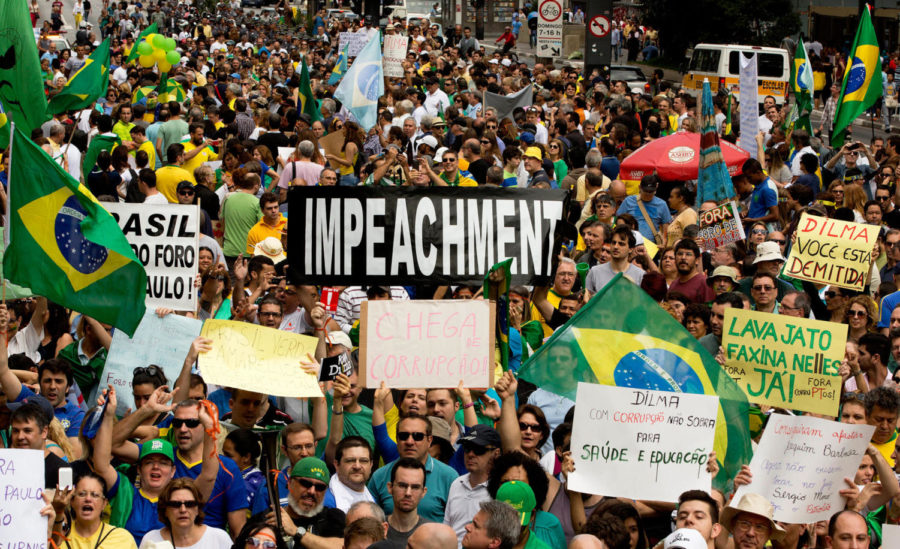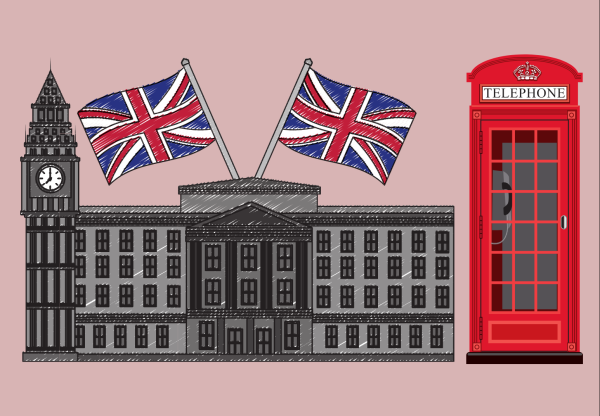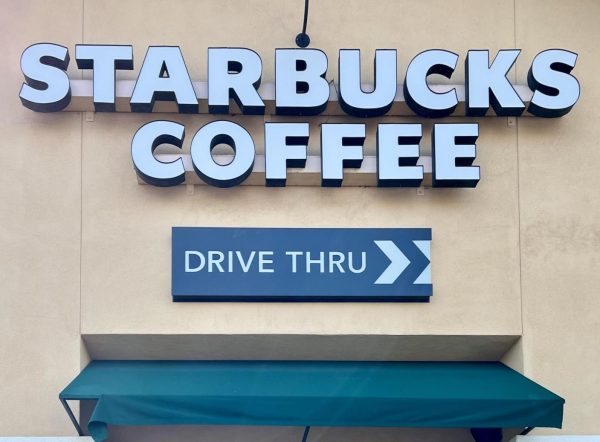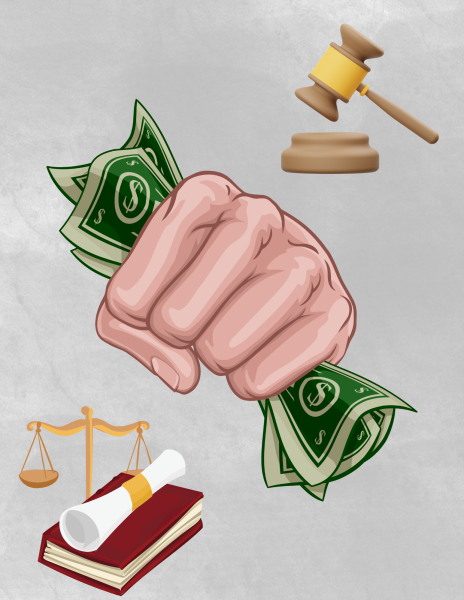Brazil Improving-Slowly
Protesters demand Rousseff’s impeachment in Sao Paulo, Brazil, in November 2014
October 27, 2017
Since 2015, Latin America’s largest nation’s economy has suffered greatly. Less than two years ago, 4.8 of 16.2 million Brazilians were living off of no income whatsoever. Those who were able to obtain a job were only making approximately 361 United States Dollars per month.
From high inflation, issues within the government, and matters with budgets, Brazil’s debt skyrocketed. Officials within the government continuously spent money on themselves rather than assisting the people of their nation.
The people have been heavily charged with taxes along with losing the ability to qualify for long-term financing.
Economic classes are taken very seriously in Brazil, no matter what kind of status the country is in overall. The differences between the high to middle classes and middle to low classes are tremendous. Naima Abdalla, a first generation American raised by Brazilians says, “Brazilians won’t ever balance out the separations because the people really like to judge you based on your look or status.” Many of these people have way too much pride to change how they view their own country.
With businesses making their way back to the top, they will contribute to those who have been extremely suffering these past years.
Now is the time for Brazilians to once again be themselves along with “looking their best and seeming as thought they aren’t poor,” claims Naima Abdalla.
Citizens of Brazil began protesting against the actions of the government that they were living under which lead to the impeachment of President Dilma Rousseff in the beginning of 2016. After years of suffering, many aspects of the lives of Brazilians are improving greatly-slowly, but it is happening.













